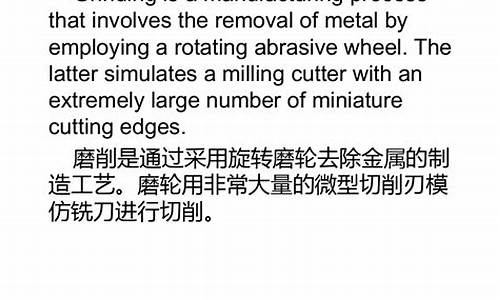Introduction: Understanding Best Practices in Mechanical Manufacturing English Translation
In the realm of mechanical manufacturing, precise and effective communication is paramount. Accurate translation of technical terms ensures seamless understanding across linguistic barriers. This article delves into the best practices for translating mechanical manufacturing terminology into English, offering a comprehensive guide for professionals in the field.
The Importance of Accurate Translation

Accurate translation in mechanical manufacturing is crucial for ensuring clarity in technical documentation, manuals, and communication among global teams. It minimizes the risk of misinterpretation, enhances efficiency, and promotes standardized terminology usage across industries.
Key Strategies for Effective Translation
1. Glossary Development: Establishing a comprehensive glossary of mechanical manufacturing terms ensures consistency and accuracy in translation. This repository serves as a reference for translators, streamlining the process and maintaining coherence.
2. Subject Matter Expertise: Translators with a background in mechanical engineering or manufacturing possess the requisite technical knowledge to accurately convey concepts. Their expertise enables precise translation of intricate terminology and ensures fidelity to the original text.
3. Contextual Understanding: Translating mechanical manufacturing terminology requires more than literal interpretation; it necessitates an understanding of context. Translators must grasp the function and application of terms within the specific industry to convey their intended meaning accurately.
Conclusion: Enhancing Communication Through Precise Translation
In the dynamic landscape of mechanical manufacturing, precise translation of technical terminology into English is indispensable for fostering effective communication and collaboration. By adhering to best practices, including glossary development, leveraging subject matter expertise, and contextual understanding, professionals can navigate linguistic challenges with confidence, thereby advancing global cooperation and innovation in the field.



